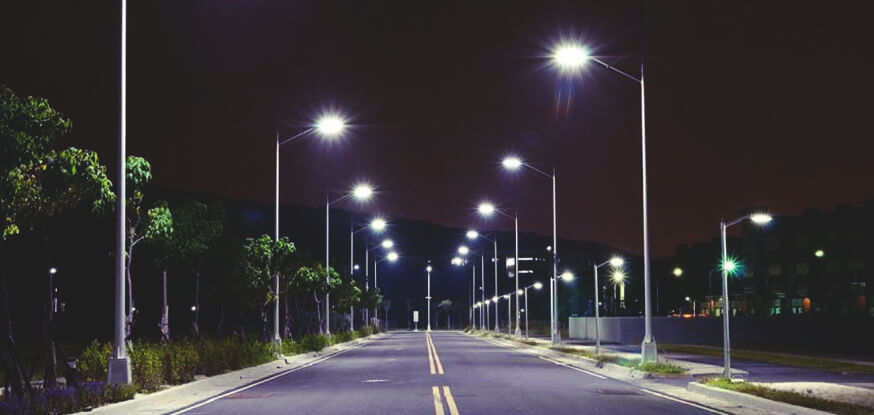The deployment of 'smart lampposts' could potentially save Europe €2.1bn every year according to analysis which was conducted by Sharing Cities, a Europe-wide Smart Cities organization. The comprehensive report highlights that currently Europe spends around $3bn on street lighting on an annual basis.
Sharing Cities claim that implementing new 'smart lampposts' could significantly reduce costs. The smart lampposts use between 50-70% less energy than conventional street lighting and may reduce the cost of electricity consumption to €900m.
'Smart lampposts' can also provide additional benefits on top of their efficient lighting. The innovative system can monitor air pollution and can also provide motorists with information that guides them to vacant car parking spaces. The data gathered by smart lampposts can help cities address the chronic urban congestion problems that are affecting major cities all over the world.
Program Director at Sharing Cities, Nathan Pierce said the introduction of smart lampposts would revolutionize cities. He said, "Smart lampposts are a win-win. They help slash energy bills for taxpayers and make cities a more pleasant environment to live and work. Smart lampposts generate massive savings equivalent to employing tens of thousands of doctors or nurses every year. It's key that cities embrace smart lampposts in a bid to free up money to be spent on vital public services.
The latest generation of smart street lighting is helping to tackle some of the issues that city mayors have grappled with for decades. Smart lampposts represent an ingenious way of tackling chronic problems like air pollution and traffic congestion."
EU smart cities program Sharing Cities is pioneering the delivery of smart lampposts in six cities across Europe. The program is testing more than a thousand innovative new lampposts, with the aim of delivering initial scale-up of up to 56,000 units. It is hoped the test will then be replicated in hundreds of cities across Europe.

